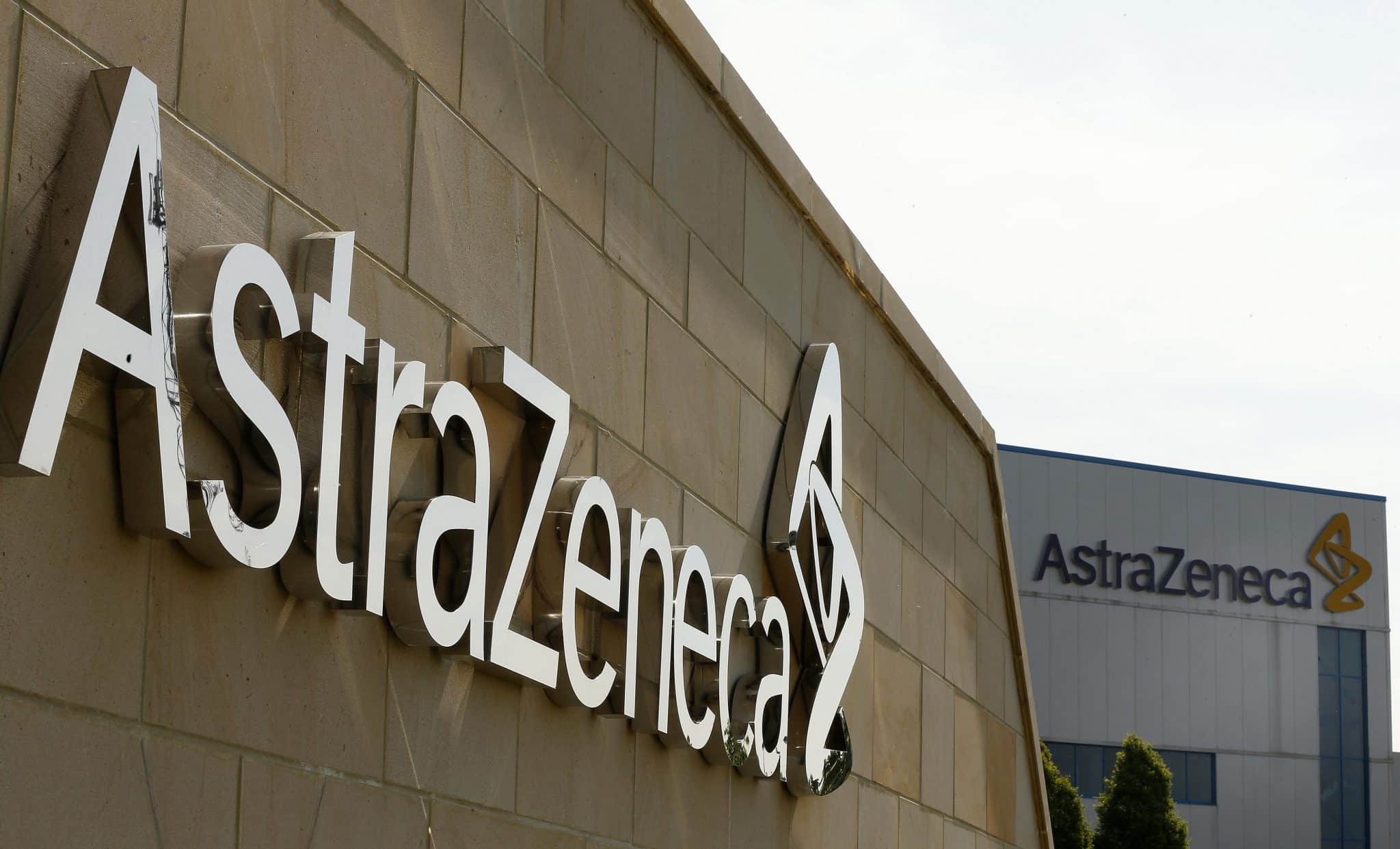Moderna Therapeutics Team Up For mRNA Heart Failure Drug
US biotech Moderna Therapeutics has now inked a deal with AstraZeneca to co-develop and co-commercialize a messenger RNA (mRNA) therapeutic encoding for Relaxin. The companies will advance the new Relaxin development candidate, AZD7970, toward the clinic as an investigational treatment for heart failure.
Cambridge, Massachusetts-based Moderna is running the first leg. Once the deep-pocketed biotech has put AZD7970 through IND-enabling toxicology tests, AstraZeneca will take over for early clinical trials. If those trials go well, AstraZeneca and Moderna will share the cost of late-stage development and evenly split any profits the drug makes in the U.S. AstraZeneca will handle commercialization outside of the U.S. and pay Moderna tiered royalties up to “substantial double digits.”
The therapy has the same target as Novartis’ Serelaxin (RLX030), a drug that was dropped in March after it failed to show long-term effects in Phase III trials.
Heart failure occurs when the heart is weakened and cannot pump enough blood to meet the body’s needs. AZD7970 is being developed to instruct cells in the body to produce and express Relaxin, a secreted protein with systemic effect. Biologic functions for Relaxin suggest that expression of the hormone may directly impact underlying conditions that exacerbate heart failure, leading to the regrowth of heart tissue, controlling inflammation, reordering the extracellular matrix, improving renal function, and relieving hepatic portal pressure. AZD7970 utilizes one of Moderna’s proprietary formulations, N2GL, which enables systemic, repeat dosing of mRNA therapeutics.
The collaboration will combine MedImmune’s protein engineering and cancer biology expertise with Moderna’s mRNA platform. mRNA-based therapies are an innovative treatment approach that enables the body to produce the therapeutic protein in vivo, opening up new treatment options for a wide range of diseases that cannot be addressed today using existing technologies.
Pascal Soriot, Chief Executive Officer, AstraZeneca, said: “We’re pleased to be expanding our relationship with Moderna with this new collaboration, to advance the potential of pioneering messenger RNA technology in developing game-changing new treatments for cancer patients.”
“Since our companies’ original strategic agreement in March 2013, Moderna’s relationship with AstraZeneca has been very fruitful. This new agreement with AstraZeneca demonstrates the effectiveness of our existing relationship and the power of our mRNA technology,” said Stéphane Bancel, Chief Executive Officer of Moderna. “We’re gratified to deepen our relationship with AstraZeneca and MedImmune with this major initiative, and we look forward to getting underway immediately with our new joint immuno-oncology programs.”
“AstraZeneca has been a valued biopharma partner to Moderna since 2013 and is one of our largest shareholders. Together, we are excited to progress this Relaxin mRNA therapeutic toward the clinic, after significant efforts at Moderna that have advanced the program through discovery,” said Stéphane Bancel, Chief Executive Officer, Moderna. “We could not have chosen a more supportive and strategic partner than AstraZeneca to help advance transformative mRNA medicines for high unmet needs in the cardiovascular space.”
This marks the second strategic agreement between Moderna and AstraZeneca to advance mRNA therapeutics in the cardiometabolic space. The lead program from the first strategic agreement, which was announced in 2013, is AZD8601, a localized mRNA therapeutic that encodes for vascular endothelial growth factor (VEGF-A).























